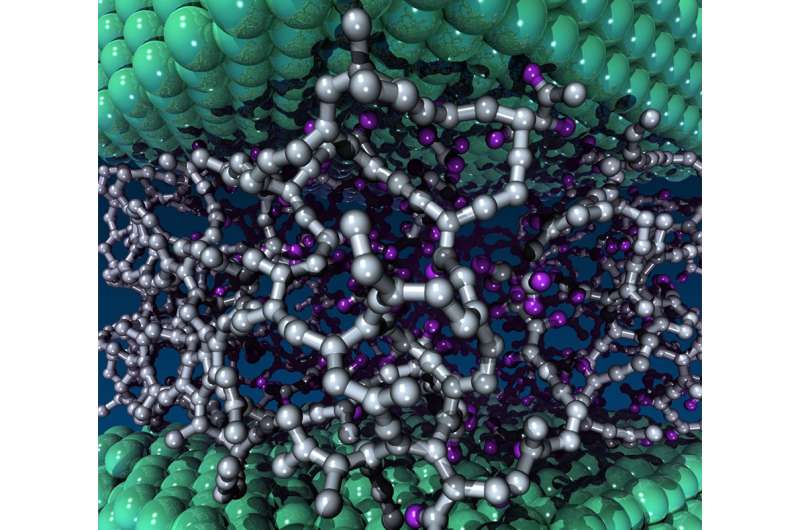Argonne forms new divisions to focus on computation and data science strengths

The U.S. Department of Energy's (DOE) Argonne National Laboratory has formed two new research divisions to focus its lab-wide foundational expertise on computational science and data science activities.
The new units—the Computational Science Division, led by Argonne Distinguished Fellow Paul Messina; and the Data Science and Learning Division, led by Argonne Distinguished Fellow Ian Foster—are part of Argonne's overall advanced computing strategy to enhance lab-wide, cross-cutting capabilities to enable new scientific knowledge and insight in a wide range of disciplines.
The Computational Science Division will focus on solving the most challenging scientific problems through advanced modeling and simulation on the most capable computers. The Data Science and Learning Division will tackle advanced scientific problems where data analysis and artificial intelligence can provide critical insight.
Both units will bring together experts from across the laboratory to work together on a wide range of multi-disciplinary projects. Argonne is home to hundreds of computational scientists and domain scientists, and a rich and varied collection of applications spanning all directorates and divisions. The new divisions will serve as interdisciplinary activity centers for next-generation programs and projects.
"Paul and Ian have deep connections to the lab's research environment and long histories of building pioneering research programs around high-performance computing and data," said Rick Stevens, Argonne's associate laboratory director for Computing, Environment and Life Sciences. "They've helped shape the nation's scientific computing program for decades by understanding that the research community has an insatiable desire to push boundaries."
The new divisions join Argonne's Directorate for Computing, Environment and Life Sciences, growing the directorate to four computing divisions in all, with the Argonne Leadership Computing Facility—a DOE Office of Science User Facility—providing world-leading capability, and the Mathematics and Computer Science division refocusing its efforts to supporting long-term fundamental research.
Argonne has a long history in the field of advanced computing; its parallel computing program dates back to the early 1980s—nearly 10 years before computational science was broadly recognized as a new paradigm for scientific investigation. This new effort continues this tradition by laying the foundation for Argonne's computing ecosystem that will include exascale capabilities in 2021.
Provided by Argonne National Laboratory



















